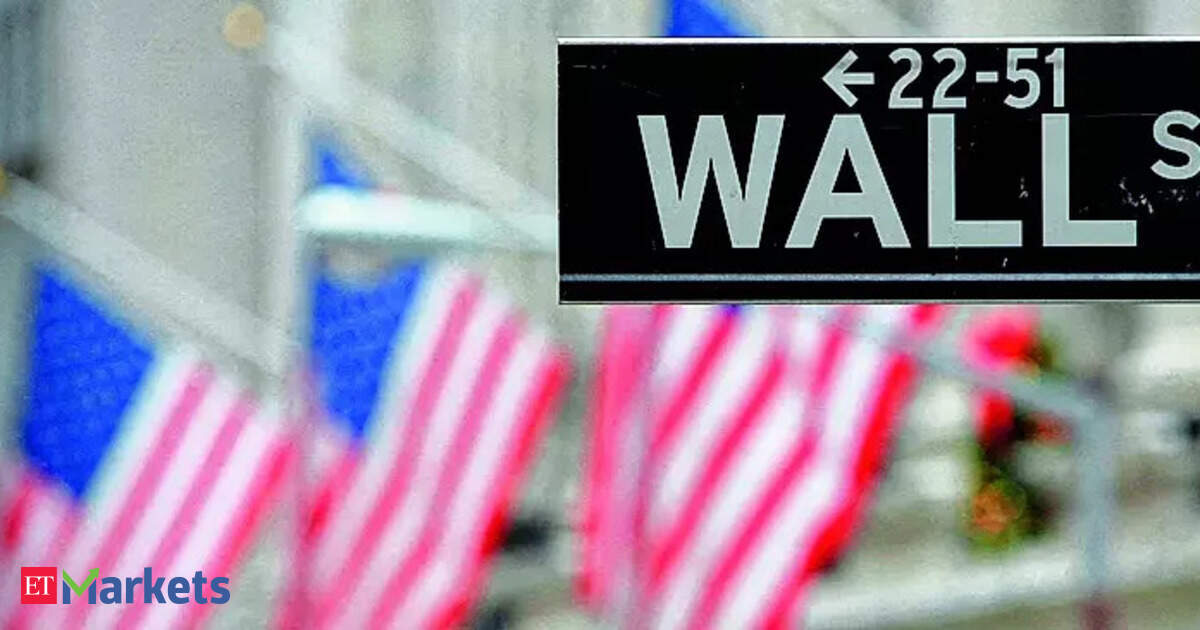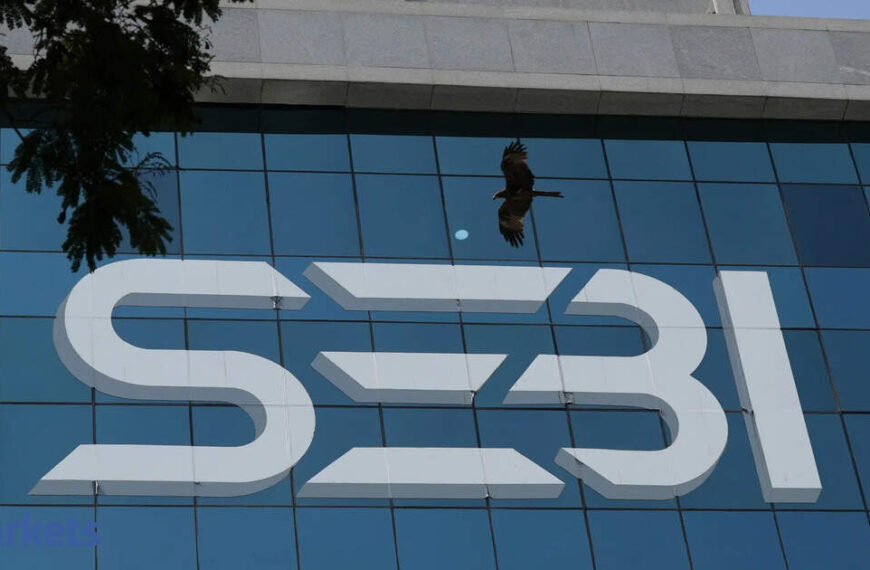The S&P 500 has rebounded sharply from its early-April selloff, as tariff-related tensions have eased. However, the U.S. benchmark index appears to be taking a breather at some 2.7% below its February closing high. The index has gone 27 trading sessions since coming within 5% of its February high but has not yet set a new record.
With Israel and Iran trading missiles, escalating threats of a sweeping conflict in the Middle East sent oil prices sharply higher and led to caution in markets.
“We’re all waiting on pins and needles to see what happens with the Israel-Iran situation,” said Brian Jacobsen, chief economist at Annex Wealth Management.
So far, the oil market has absorbed most of the impact from geopolitical turmoil, with equities relatively stable. Yet stock investors remain concerned that higher oil prices could stoke inflation and upset plans for interest rate cuts from the Federal Reserve.
On Wednesday, the Fed held rates steady and policymakers signaled borrowing costs are still likely to fall this year. But they estimated the overall pace of expected future rate cuts would be slower than they saw at their March meeting. They cited expectations that higher inflation would flow from President Donald Trump’s tariff plans. “The question is oil prices and what that does to inflation – which has implications for monetary policy and how long the Fed keeps rates “meaningfully restrictive”,” said Sonu Varghese, global macro strategist at Carson Group. The big near-term risk for equities, investors said, was if the U.S. were to join Israel’s bombing campaign against arch-enemy Iran. Trump is keeping the world guessing whether the U.S. would join Israel’s bombardment of Iranian nuclear and missile sites, as residents of Iran’s capital Tehran streamed out of the city on the sixth day of the air assault.
The White House said on Thursday that Trump would decide on U.S. action in the next two weeks.
“If we were to see the U.S. enter the war or further escalation in the attacks between the two countries, that would give the S&P 500 and equity markets more reasons to react negatively,” said Damian McIntyre, head of multi-asset solutions at Federated Hermes in Pittsburgh.
On the other hand, a de-escalation in Middle East tensions could prompt a relief rally for stocks.
“If both sides can kind of just slowly de-escalate, that would be positive for equity markets, positive for risk markets,” McIntyre said.
“Markets are taking a bit of a wait-and-see approach here,” he said.
Still, any stock market pullbacks due to rising geopolitical tensions are likely to be fleeting, investors said.
“History says that usually military shocks are shallow and short-lived, and so until further notice, I think that’s how Wall Street will react to this one,” Sam Stovall, chief investment strategist at CFRA Research, said.
Investors will also parse a slew of incoming data releases, including U.S. business activity and housing sales on Monday, consumer confidence numbers on Tuesday and the PCE Price Index on Friday.
U.S. consumer confidence plunged in the past few months, with households fearing tariffs could prompt a recession and higher inflation. However, with inflation in check and the U.S. reaching a truce in its trade fight with China, investors expect to see a pickup in sentiment.
“Remember, the survey-based data all got crushed in the March, April, May time frame … my expectation is we’re still going to see an improvement,” Mark Hackett, chief market strategist at Nationwide said.















